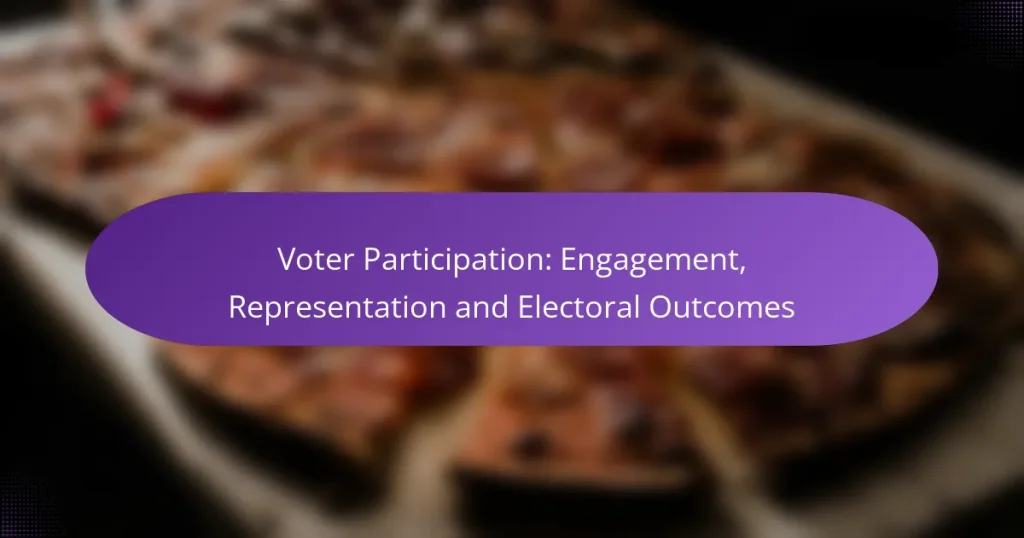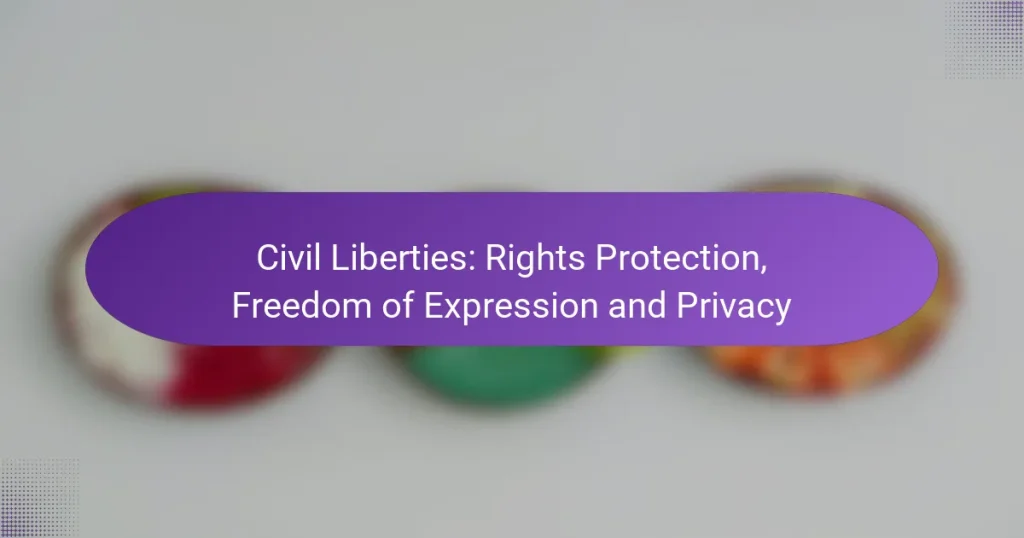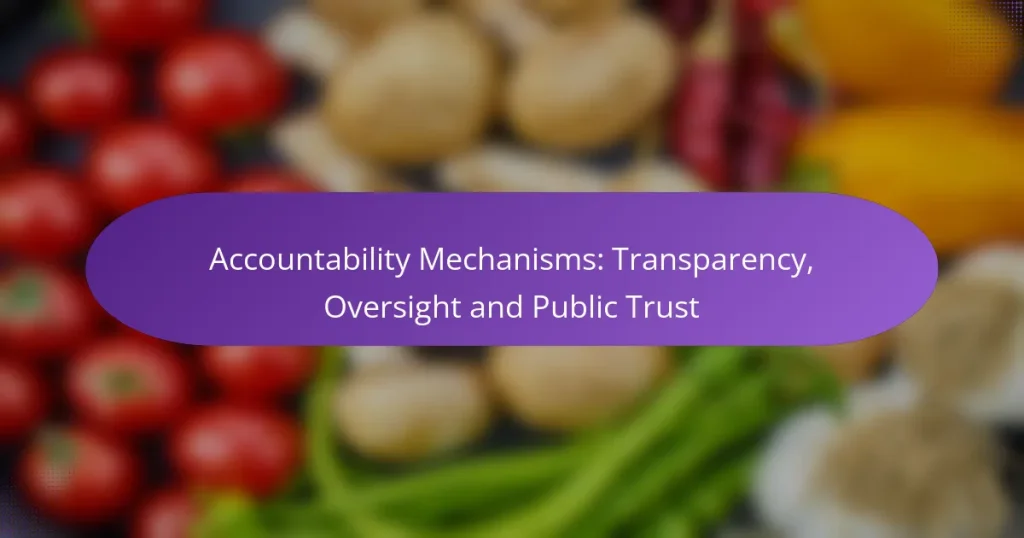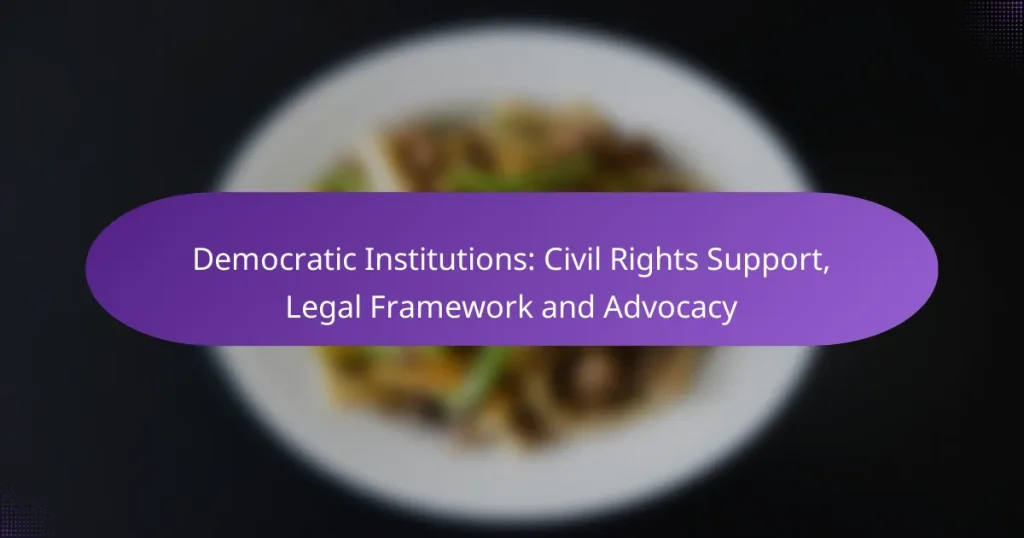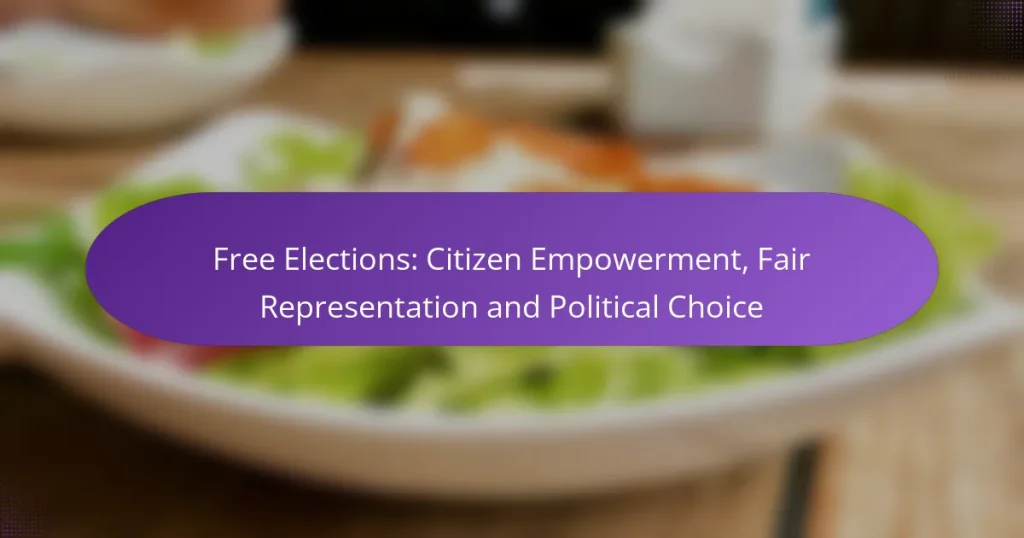Posted inDemocracy: Fundamental Principles
Voter Participation: Engagement, Representation and Electoral Outcomes
Voter participation is crucial for a healthy democracy, as it directly impacts representation and electoral outcomes. Engaging citizens through outreach, simplifying the voting process, and fostering civic responsibility are essential…
